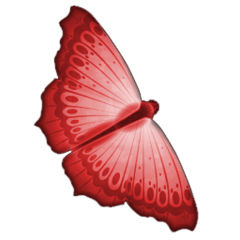Antropologie
Since Immanuel Kant a difference between the noumenal (the world as it is “in-itself”) and the phenomenal (the world as it appears to us) was introduced, and since then this particular distinction, through various means, has continued to dominate philosophy.
Kant turned philosophy into an anthropology of a very particular sort. Philosophy had stopped being occupied with reality.
At the start of the new millennium, all of the philosofical developments can still be considered post-Kantian, since all of them practice some sort of non-anthropocentrism. All the dualisms have been installed under anthropocentric rule (between man and woman, human and animal, culture and nature, technology and nature, etc.), whether developed by Kant, Descartes, or phenomenology.
We still are Kantians in every way, we still think it is impossible to take human thought out of the equation.
source: “https://ndpr.nd.edu/news/speculative-realism-problems-and-prospects/”
Peter Gratton, Speculative Realism: Problems and Prospects, Bloomsbury, 2014, 266pp., $29.95 (pbk), ISBN 9781441174758.
Reviewed by Rick Dolphijn, Utrecht University
En nu ?
De antwoorden op de filosofische kennis-theoretische vraagstukken zijn nog steeds valide. Maar de vraag wat er er mee moeten doen in ons huidige leven blijft onbeantwoord.
Het lijkt erop dat we een nieuwe ‘ethica’ nodig hebben die toepasbaar is in deze tijd. Een ‘ethica’ die de rol van de mens, de (technische) invloed op de wereld, kan plaatsen. Hoe verhouden wij ons naar de wereld om ons heen. Hoe verhouden we ons tot onze cultuur. Mogen we zo rigoureus ingrijpen in de natuur. Een hedendaagse herdefiniëring op de mens, zowel als individu als soort.
In dit licht lijken de vragen van Kant nog steeds erg actueel:
Wat kan ik weten?
Wat moet ik doen?
Wat mag ik hopen?
Wat is de mens?

